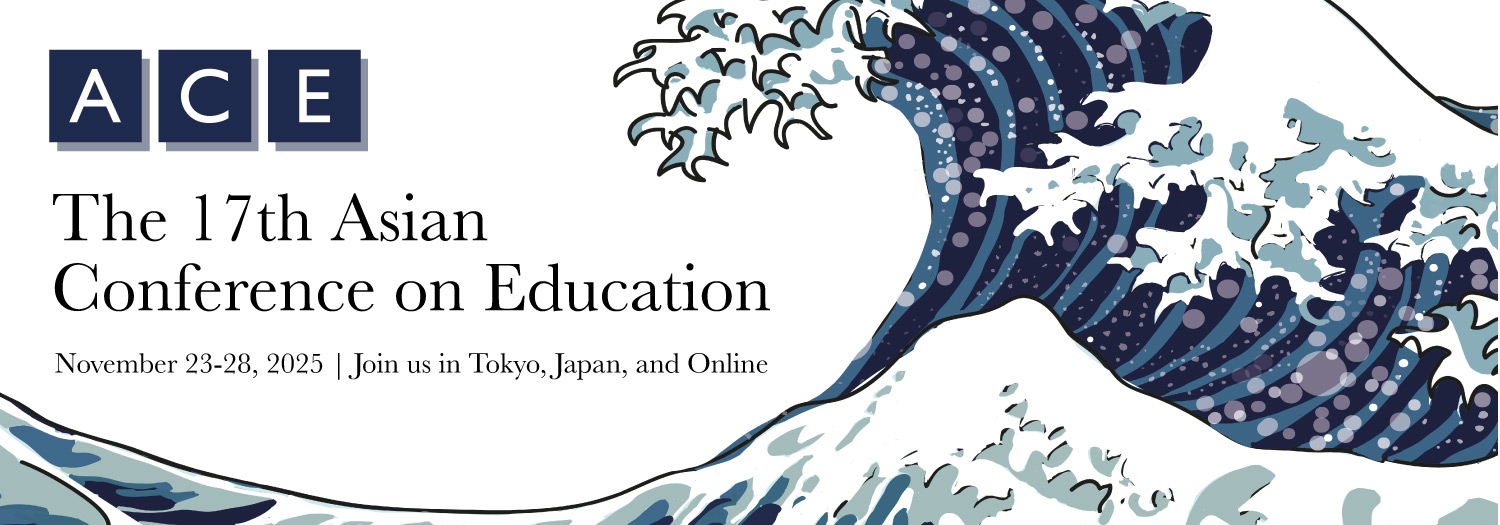Presentation Schedule
Moderating Effects of Cognitive Load and Learning Engagement on Self-Regulated Learning Motivation and Academic Achievement (88435)
Tuesday, 26 November 2024 13:00
Session: Poster Session 2
Room: Orion Hall (5F)
Presentation Type: Poster Presentation
This study investigates the moderating effects of increased cognitive load and learning participation on the relationship between autonomous learning motivation and academic achievement. The research was conducted with seventh-grade students from a junior high school in Taiwan, who underwent a six-week teaching intervention. The intervention incorporated strategies to increase cognitive load during lessons. Data were collected using the Autonomous Learning Motivation Scale, Cognitive Load Scale, Learning Participation Scale, and Academic Achievement Test, and were analyzed using Partial Least Squares Structural Equation Modeling (PLS-SEM). The results revealed that: (1) autonomous learning motivation significantly positively impacts academic achievement; (2) increased cognitive load positively moderates the relationship between autonomous learning motivation and academic achievement; and (3) learning participation also positively moderates this relationship. These findings underscore the value of incorporating cognitive load and fostering learning participation in teaching. It is recommended that educators focus on providing appropriate scaffolding, guiding students toward higher-order cognitive processing, and creating interactive and engaging learning environments to enhance students' autonomous learning motivation and academic achievement.
Authors:
Wen-Liang Chang, National Taipei University of Technology, Taiwan
Ming-Hsiu Tsai, National Taipei University of Technology, Taiwan
Cheng-Hung Weng, National Taipei University of Technology, Taiwan
Hong-Zhe Zheng, Tuyakar Elementary and Junior High School, Taiwan
About the Presenter(s)
My name is Chang Wen-liang. I am currently teaching in Taiwan, primarily focusing on mathematics education, competition training, curriculum design, and literacy assessment. For the past five years, I have been engaged in cross-disciplinary and inter-school collaborative teaching.
Due to my passion for cycling, I enjoy designing experiential learning courses. These include strength training programs, bicycle maintenance courses, environmental education field trips, and courses on water resources and energy issues.
My most significant ongoing project is a blended learning course conducted in collaboration with a science teacher from a Taipei high school, spanning multiple cities, disciplines, and schools. This course has been gradually refined and expanded under the guidance of professors from the National Academy for Educational Research, who have provided valuable on-site advice. This process has enhanced the course's comprehensiveness and extensibility, enabling us to implement effective dynamic assessments for students.
See this presentation on the full schedule – Tuesday Schedule





Comments
Powered by WP LinkPress